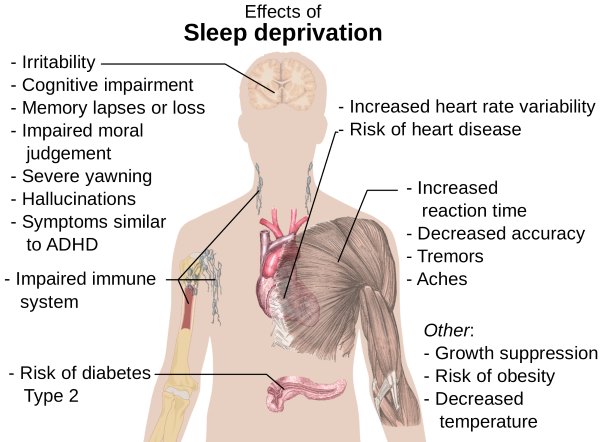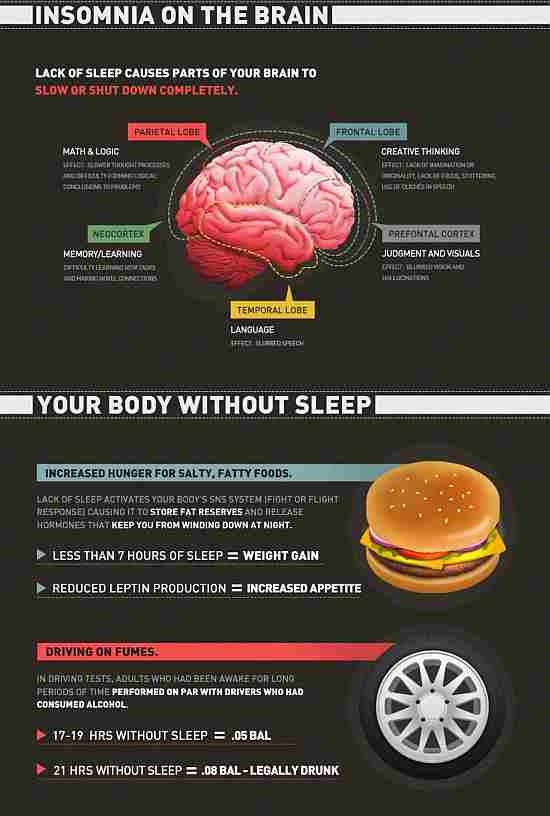If you are intent on high performance in your chosen field, you must sleep well. The impact of insufficient sleep can be enormous: lack of energy; inability to think; impatience; loss of temper; studies have even shown that your co-ordination and agility are affected to the same degree as someone who is drunk!
Everyone who has suffered a sleepless night knows that your performance and enjoyment of life is compromised by a lack of sleep.
First, let’s look at where you are trying to sleep, then at your sleeping habits.
Tips for High Performance Sleeping
 There are many things that you can do to improve your sleep. To live a high performance life and it starts with your bedroom and continues on to good sleep habits.
There are many things that you can do to improve your sleep. To live a high performance life and it starts with your bedroom and continues on to good sleep habits.
Follow these tips and the over a very short period of time you will be able to see the obvious signs and benefits of better sleep and improve your health because of it.
Setting Up Your Bedroom For Better Sleep
Your bedroom needs to be conducive to sleep:
- A recent study from a sleep center in Los Angeles concluded that the best sleep comes on a comfortable and supportive mattress less than 5 years old. You may need a new mattress if:
- Your mattress is showing signs of wear and tear (sags, lumps etc.).
- You wake up with numbness, aches and pains.
- You find you sleep better in a bed other than your own, All of these signs show that you need to get memory foam mattress, for your own health.
- Evaluate your pillow(s) and ensure they give you proper comfort and support. Some authorities even advise that pillows should be replaced every year.
- Make sure the room is dark. If you sleep during the day, you may need to use heavy total block-out curtains.
- The right temperature is vital. Your zebra print bed sheets may look good, but if you feel too hot or too cold, sleep will be elusive. Some claim that a room temperature of between 60 – 65 degrees Fahrenheit (16 – 18 degrees Celsius) is required. Personally, I find that it is the temperature inside the bed that is the most important. Does your bedding keep you the right temperature? Do you use cotton sheets in summer to help keep cool in summer, and flannel sheets for warmth in winter?
- Avoid loud or sharp noises. Sometimes gentle background music or “white” noise (eg. static) is useful since it helps to drown out other background noise.
- If you share a bed with your partner, make sure you have enough room for both of you to move independently, and that your partner’s movements do not disturb you. There’s nothing worse than feeling like you are sleeping on a trampoline!
- Keep work related materials out of the bedroom. Ensure your bedroom is a sanctuary from the pressures of work.
- Keep TV’s and computers out of the bedroom. These items stimulate your mind, making it hard to relax and turn off before you turn out the lights.

Good Sleeping Habits
Just as important as your sleeping environment are your bed time habits. It is essential to develop a routine that allows you to relax and “unwind” at the end of the day. For example:
- Create a bedtime routine that is quiet and relaxing. Avoid watching TV or doing work just before bed. Instead, enjoy some light reading while leaning on a reading pillow for back support when reading in bed, listen to soothing music, or practice relaxation techniques.
- Develop a consistent sleep rhythm by keeping a consistent bedtime, including at weekends. Many people stay up much later on weekends than they do during the week. Continually interrupting your body’s sleep patterns like this makes it much harder to sleep when you want to.
- Exercise regularly, but not just before bed.
- Do not eat close to bed time, particularly heavy, spicy or sugary foods.
- Avoid stimulants such as alcohol, nicotine and caffeine close to bedtime.
- When you get into bed, get into your favorite sleeping position. However, if you don’t go to sleep within 15-30 mins, get up, go to another room and do something quiet and relaxing (e.g. read) until sleepy.
- Some people find it useful to use a sleep aid supplement. Try one that promotes a state of relaxation but doesn’t make you drowsy during the day. Sleep aids containing Melatonin, Valerian root, Chamomile and 5-Hydroxytryptophan are generally popular.
- Try to sleep only when you are actually tired.
- Avoid napping during the day – particularly if this is not part of your regular sleeping and waking pattern. Sometimes a short 30 minute nap in the afternoon can be refreshing. In general, however, do not fall into a deep, extended sleep during the day, this is very important, specially for kids, if you notice your kid falling asleep multiple times during the day we suggest to talk to a pediatric sleep consultant.

Following the advice above can greatly improve the quality and quantity of sleep for the majority of people.
However, some people suffer from sleeping problems may be suffering from an undiagnosed sleep disorder. Your family doctor may be able to assist with an assessment and treatment, or you may find it beneficial to contact organizations such as the National Sleep Foundation and/or The Better Sleep Council for advice.




